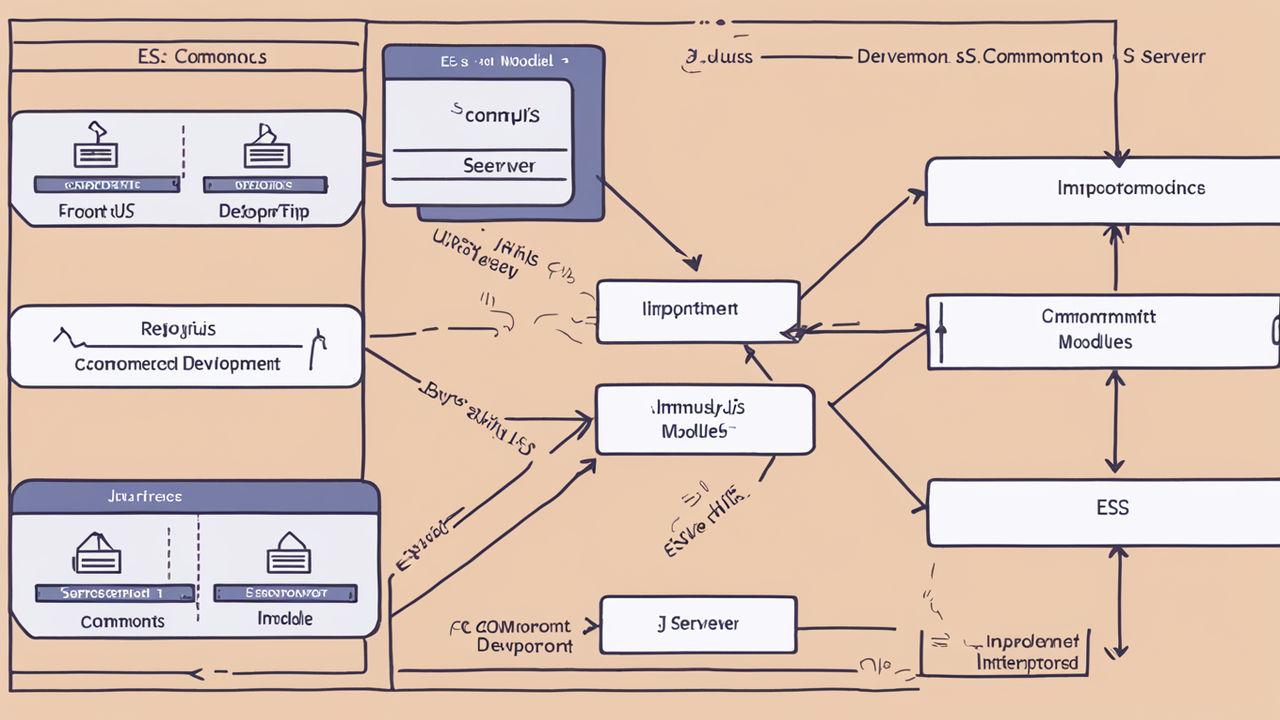How JS Handles URLs: A Detailed Guide on the Usage of the URL Object
- 431Words
- 2Minutes
- 19 Sep, 2024
In modern web development, URLs (Uniform Resource Locators) are central to interacting with web resources. JavaScript provides the URL object, which makes it easy to parse, modify, and construct URLs. This article delves into the usage of the URL object to help developers efficiently manage URLs.
1. Creating a URL Object
You can use the URL constructor to create a new URL object, which takes a URL string as a parameter.
1const url = new URL("https://www.example.com:8080/path/name?query=test#hash");2console.log(url);This url object contains the complete URL information, including protocol, hostname, path, query string, and hash part.
2. Common Properties
The URL object provides many useful properties to easily access different parts of the URL:
href: Returns the full URL string.protocol: Returns the protocol part of the URL, such ashttps:.hostname: Returns the hostname part of the URL, excluding the port number.port: Returns the port number (if present).pathname: Returns the path part of the URL.search: Returns the query string part of the URL (including the?).hash: Returns the hash part of the URL (including the#).
Example:
1const url = new URL("https://www.example.com:8080/path/name?query=test#hash");2
3console.log(url.href); // https://www.example.com:8080/path/name?query=test#hash4console.log(url.protocol); // https:5console.log(url.hostname); // www.example.com6console.log(url.port); // 80807console.log(url.pathname); // /path/name8console.log(url.search); // ?query=test9console.log(url.hash); // #hash3. Modifying a URL
The properties of a URL object are mutable, meaning you can directly modify various parts of the URL.
1const url = new URL("https://www.example.com/path/name");2url.pathname = "/new/path";3url.search = "?search=query";4url.hash = "#newhash";5
6console.log(url.href); // https://www.example.com/new/path?search=query#newhashBy modifying properties like pathname, search, and hash, you can easily update the URL.
4. Working with Query Parameters (searchParams)
The searchParams property of the URL object provides a URLSearchParams object, allowing you to easily manage query strings.
Adding Query Parameters
1url.searchParams.append("newParam", "value");2console.log(url.href); // https://www.example.com/new/path?search=query&newParam=valueRetrieving Query Parameters
1console.log(url.searchParams.get("search")); // queryModifying Query Parameters
1url.searchParams.set("search", "newQuery");2console.log(url.href); // https://www.example.com/new/path?search=newQuery&newParam=valueDeleting Query Parameters
1url.searchParams.delete("newParam");2console.log(url.href); // https://www.example.com/new/path?search=newQueryURLSearchParams offers convenient methods to add, retrieve, modify, and delete query parameters.
5. Handling Relative URLs
By providing a base URL to the URL constructor, JavaScript can automatically resolve relative paths.
1const relativeUrl = new URL("/relative/path", "https://www.example.com");2console.log(relativeUrl.href); // https://www.example.com/relative/path6. URL Encoding and Decoding
When dealing with query parameters in URLs, special characters sometimes need to be encoded or decoded. JavaScript provides the following methods:
encodeURIComponent(): Encodes a URL component.decodeURIComponent(): Decodes an encoded URL component.
Example:
1const param = "name=John Doe";2const encoded = encodeURIComponent(param);3console.log(encoded); // name%3DJohn%20Doe4
5const decoded = decodeURIComponent(encoded);6console.log(decoded); // name=John DoeThese methods ensure that strings passed within URLs do not contain illegal characters.
Conclusion
The URL object provides developers with a powerful tool for parsing, modifying, and generating URLs. Whether parsing query parameters, modifying paths, or constructing new URLs, the URL object and its associated URLSearchParams object are invaluable for efficiently and reliably handling URLs.

